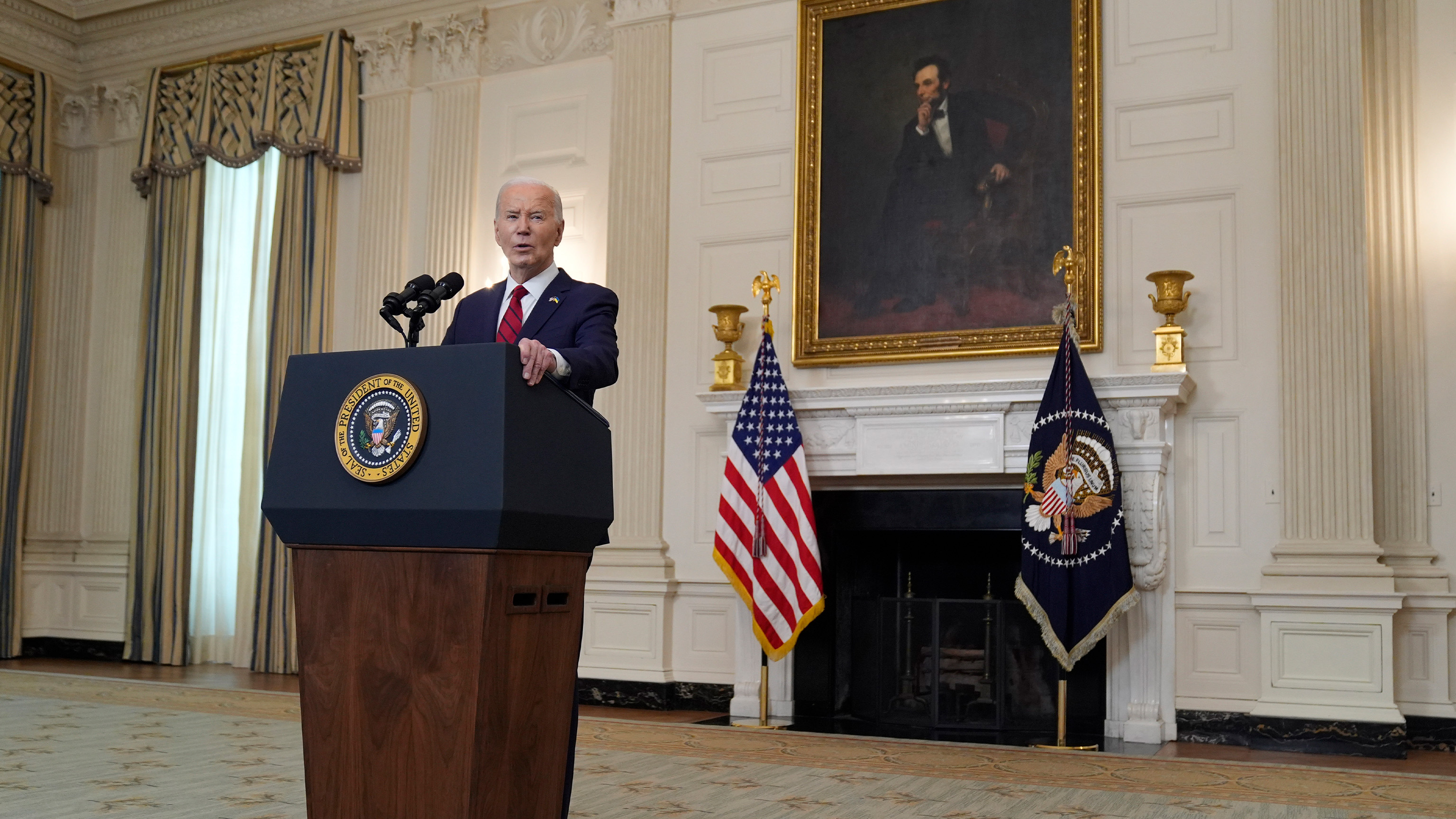Pfizer COVID vaccine delay for children under the age of 5 is actually a good thing, experts say

After Pfizer pulled back on their FDA COVID-19 vaccine authorization request for kids under 5 years old, experts worry the postponement might trigger trust issues with parents, making them less confident in the vaccine.
But many experts believe this latest delay may actually have the opposite effect.
"It makes sense for us to wait until we have the data from the evaluation of a third dose before taking action," said Dr. Peter Marks, the FDA's vaccine chief, on the decision to delay Pfizer's FDA authorization request of its two-dose vaccine for that age group.
Roughly 18 million children in America are under 5 years old. Kids like 16-month-old Victoria have to wait at least two months.

"So long as our family members are vaccinated, I think we're somewhat comfortable but obviously it provides another level of protection if our daughter was also vaccinated as well," said Kim Kadesh, Victoria's mother.
Pediatric infectious disease specialist Dr. Daisy Dodd with Kaiser Permanente said the delay should actually build parents' trust in the process.
"As a mother and a doctor, it's reassuring that they're keeping a very close eye because this is the population that you want to be very careful with, " she said.
Pfizer is now testing a three-dose pediatric vaccine to see if it will offer more protection. The omicron variant has made that task a challenge.
"It's being held...related to the immune response - it had nothing to do with the safety of the vaccine," Dodd said.
The latest research shows the vaccine's efficacy rose to 91% in kids 12 to 17 years old. But just like in adults, the protection wanes after six months. This data comes from a study of 44,000 teens.
Meanwhile, pediatric infections remain extremely high with numbers still above the peak level of last summer's delta surge. While children are less likely to develop serious illness, doctors say most cases could have been prevented.
"The number of kids that have died from COVID is small in comparison to the older generation. Nevertheless, to me as a doctor, one child is too many," Dodd said.
Right now, more than half of kids eligible for the vaccine in the U.S. remain unvaccinated.









